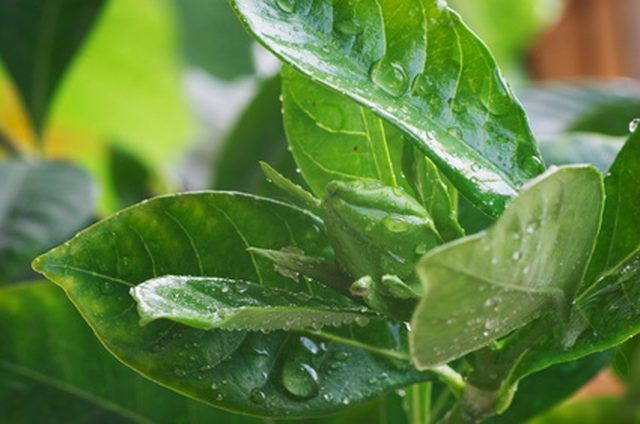Bulbs
Flower Basics
Flower Beds & Specialty Gardens
Flower Garden
Garden Furniture
Garden Gnomes
Garden Seeds
Garden Sheds
Garden Statues
Garden Tools & Supplies
Gardening Basics
Green & Organic
Groundcovers & Vines
Growing Annuals
Growing Basil
Growing Beans
Growing Berries
Growing Blueberries
Growing Cactus
Growing Corn
Growing Cotton
Growing Edibles
Growing Flowers
Growing Garlic
Growing Grapes
Growing Grass
Growing Herbs
Growing Jasmine
Growing Mint
Growing Mushrooms
Orchids
Growing Peanuts
Growing Perennials
Growing Plants
Growing Rosemary
Growing Roses
Growing Strawberries
Growing Sunflowers
Growing Thyme
Growing Tomatoes
Growing Tulips
Growing Vegetables
Herb Basics
Herb Garden
Indoor Growing
Landscaping Basics
Landscaping Patios
Landscaping Plants
Landscaping Shrubs
Landscaping Trees
Landscaping Walks & Pathways
Lawn Basics
Lawn Maintenance
Lawn Mowers
Lawn Ornaments
Lawn Planting
Lawn Tools
Outdoor Growing
Overall Landscape Planning
Pests, Weeds & Problems
Plant Basics
Rock Garden
Rose Garden
Shrubs
Soil
Specialty Gardens
Trees
Vegetable Garden
Yard Maintenance
Gardenias and Freezing Temperatures
Gardenias and Freezing Temperatures. Gardenias thrive in mild conditions, although they usually survive light frost conditions with minimal or no damage, according to the University of Florida Extension. You should bring gardenias indoors or cover them if you expect a hard freeze, because this can seriously damage the plant.edis.ifas.ufl.edu/mg336

Gardenias thrive in mild conditions, although they usually survive light frost conditions with minimal or no damage, according to the University of Florida Extension. You should bring gardenias indoors or cover them if you expect a hard freeze, because this can seriously damage the plant.
Temperatures
Gardenias are zone 8 plants, meaning they should survive temperatures as low as 15 degrees Fahrenheit, according to the University of Arkansas Cooperative Extension Service. You should plant gardenias in protected areas that provide plenty of morning sunlight to warm them on cooler days. Choose an appropriate variety for your area, because the cold-hardiness of gardenias varies by type.
Hardiness
A mature gardenia plant survives mild winters with little or no suffering, but new growth can be more easily affected by even a light frost. For this reason, avoid fertilizing in the fall, focusing fertilization efforts in the warmer months instead. Proper springtime weather is also needed, with evening temperatures no lower than 40 degrees for buds to develop, according to Colorado State University Extension.
Tips
If your gardenias freeze, simply cut them back to ground level, as suggested by North Carolina Cooperative Extension. Many gardenias will sprout and grow again with the advent of warmer weather. Consider planting gardenias in containers that you can bring indoors in the event of a freeze.